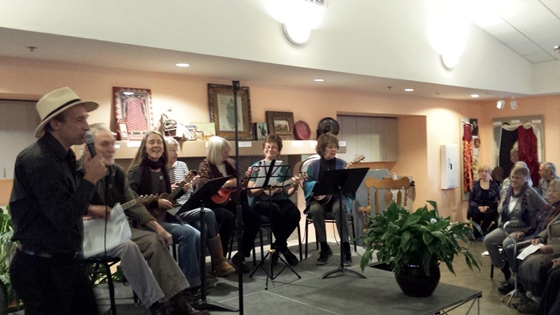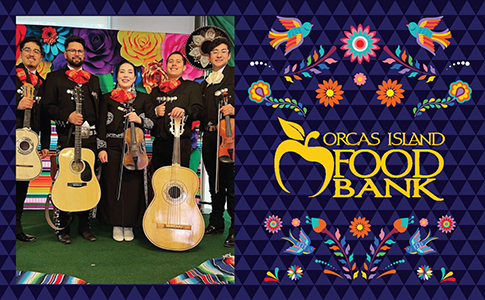||| FROM DAVID TURNOY |||
We find ourselves living in this country in perhaps the most polarized time since the American Civil War. The recent election and diverging opinions over protests this past summer for racial justice and equality are good illustrations. But are we really that divided? Aren’t there some important values that most of us can agree on?
In the most recent edition of Jim Hightower’s Lowdown, some really interesting survey results are shared. A blind survey presented respondents with a choice of living in a country with high income inequality like the United States vs. a country with modest income inequality like Sweden. 92% of Americans, including a similar percentage of Republicans, Democrats, and rich people, chose Sweden. It is very reassuring to hear that a huge majority of Americans would be more comfortable in a more equal spread of wealth and realize the importance of increasing equality in our country.
Second, survey respondents were asked if they would support paying higher income taxes if the money went to healthcare, education, welfare, and infrastructure. 75% responded in the affirmative. To me, this means that most Americans believe in taking care of each other. Following up on that, 68% said that they want the tax system reformed so that those at the top of the income scale pay a higher rate.
An interesting question about income and wealth involves an almost theological belief that people who have more money worked harder to get it than others. In reality, only 33% believe this, while 65% of the survey believe the good fortunes of the rich are due to special advantages they have had. Along with that, 71% of respondents think that people are poor because they have faced more obstacles than others, whereas only 26% blame the poor for not working hard enough.
Finally, while the last four years have seen a spread of fear and loathing that America is quickly becoming a country without a white majority, 64% of respondents say it doesn’t matter whether there is a white majority or a non-white majority. And there has even been an increase in the percentage of those who think it is a good thing that there is a non-white majority, rising from 14% in 2016 to 24% today.
The conclusions I draw from this are that most Americans would like to see less income and wealth inequality, that most of us want to educate our children and take care of people who need help, that a lack of equality of opportunity is implicated more in the problems faced by many of our lower income people as opposed to a lack of effort, and that most of us are not racially prejudiced.
This is a really hopeful set of conclusions and gives us something to build on as we enter a new political era in America.









Thanks, David, for this enlightening data – much of which surprised me. I am not familiar with the source – Jim Hightower’s Lowdown. Can you say more about the source?
Yes, Janice, happy to do so. As far as I know, Jim got his start in the public eye as the Texas Agriculture Commissioner in the 1980s. Since then, he has continued to question the powers that be, whether Democratic or Republican, and been very involved in progressive populism. I have seen him on a speaking tour, and I have read a couple of his books. He always has a healthy take on our current situation.
Hi David,
Definitely a hopeful set of statistics. I would argue too that in order for the country to move in a general direction for the common good, term limits for Senate and House seats would go a long way to ease our government out of the stagnation its in.